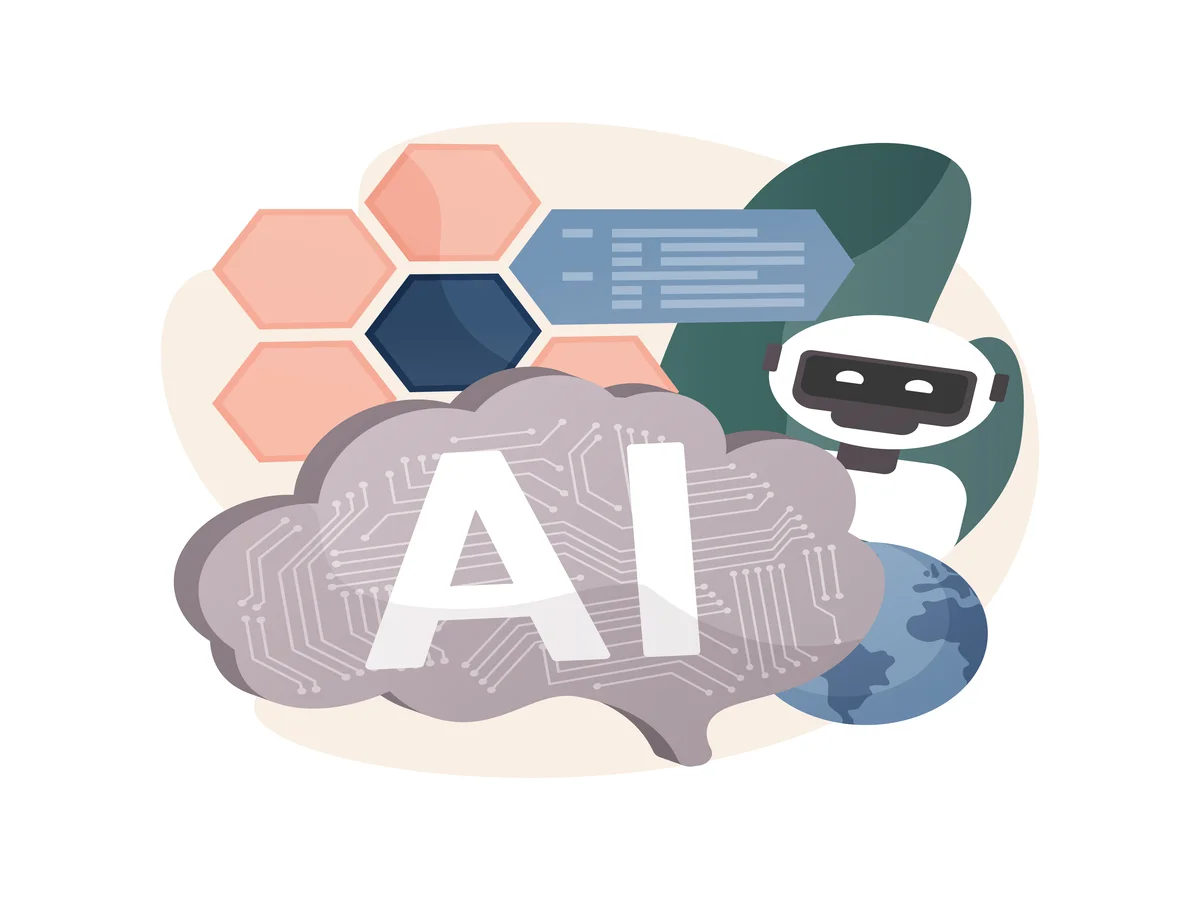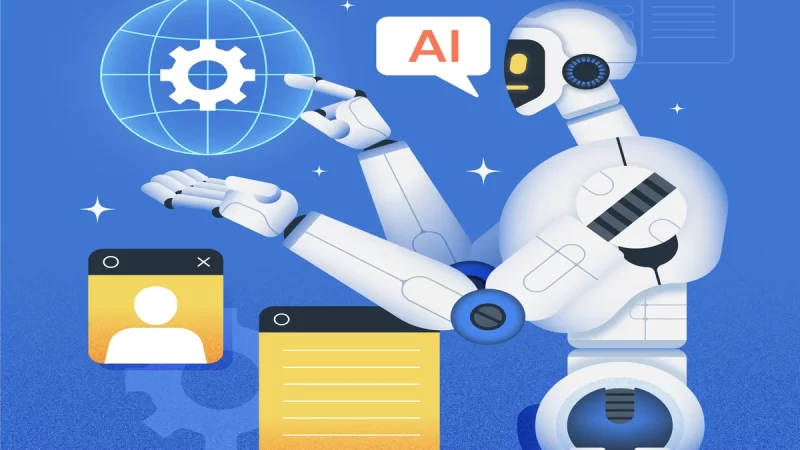What are the challenges and risks of language-generating AI?

Language-generating Artificial Intelligence (AI) has seen remarkable advancements in recent years. These systems, such as GPT-3, are capable of generating human-like text and have various applications in natural language processing, chatbots, content creation, and more. While language-generating AI offers exciting possibilities, it also presents several challenges and risks that need to be addressed. In this article, we will explore some of the key concerns associated with this technology.
Unintended Biases
One significant challenge with language-generating AI is the potential for unintended biases in the generated content. These biases can be inherited from the data on which the AI models are trained. Since language models learn from vast amounts of text data from the internet, they may inadvertently incorporate stereotypes, prejudices, and discriminatory language present in the training data. This poses a risk of perpetuating biased information and content, leading to negative societal impacts.
Misinformation and Fake News
Language-generating AI can be exploited to create misinformation and fake news at an unprecedented scale. Malicious actors can use these systems to spread false information, create deceptive content, or impersonate individuals and organizations. This raises concerns about the authenticity and reliability of information on the internet and poses a threat to public trust in online content.
Ethical Considerations
The development and deployment of language-generating AI also raise ethical considerations. For instance, there are concerns about the responsible use of AI, data privacy, and consent. AI-generated content may sometimes be indistinguishable from human-written content, leading to potential misuse or deception without proper disclosure. Ethical guidelines and regulations are necessary to ensure that these technologies are used in an ethical and transparent manner.
Lack of Contextual Understanding
Although language-generating AI can produce coherent and contextually relevant text, they still lack a deeper understanding of the context in which they operate. The AI models do not possess genuine comprehension, emotions, or common sense. As a result, the generated content may sometimes be inappropriate or fail to understand the nuance of sensitive topics.
Over-Reliance on AI-Generated Content
As language-generating AI becomes more prevalent, there is a risk of over-reliance on machine-generated content. Relying too heavily on AI for content creation could stifle human creativity and originality. It is crucial to strike a balance and use AI-generated content as a tool to complement human efforts rather than replace them entirely.
Security Concerns
Language-generating AI can also be exploited for malicious purposes, such as generating convincing phishing emails or social engineering attacks. The ability of AI systems to imitate human communication effectively can make it challenging for users to differentiate between genuine and AI-generated content, making them vulnerable to online threats.
Regulation and Accountability
The rapid advancement of language-generating AI has outpaced the development of adequate regulations and accountability frameworks. There is a need for clear guidelines and legal measures to address the potential risks associated with this technology. Such regulations should address issues like data privacy, responsible use, content validation, and the disclosure of AI-generated content.
Key Takeaways
Language-generating AI holds immense potential in revolutionizing various industries and enhancing human-machine interactions. However, to fully harness the benefits of this technology, it is essential to address the challenges and risks it presents. Developers, researchers, policymakers, and the broader community must collaborate to create responsible and ethical AI systems that mitigate biases, ensure data privacy, and maintain the authenticity and reliability of information on the internet. By doing so, we can foster a positive and inclusive environment for the integration of language-generating AI in our lives.
Frequently Asked Questions (FAQs)
Language-generating AI refers to artificial intelligence systems, like GPT-3, that can produce human-like text and comprehend natural language. These models are trained on vast datasets and can generate coherent and contextually relevant content.
Language-generating AI learns from large datasets, usually from the internet, containing a wide range of text. Through a process called deep learning, the AI model analyzes patterns in the data to understand language structures and generate responses.
The training data for language-generating AI can contain biases present in society, leading to biased outputs. These biases can reinforce stereotypes, propagate misinformation, and impact vulnerable communities negatively.
Yes, malicious actors can exploit language-generating AI to create and spread fake news at scale. The ability to generate human-like content makes it challenging to detect and combat misinformation.
Responsible use of language-generating AI requires implementing ethical guidelines, regular audits, and transparent disclosure when content is AI-generated. Developers and users must be mindful of potential misuse and promote responsible practices.







